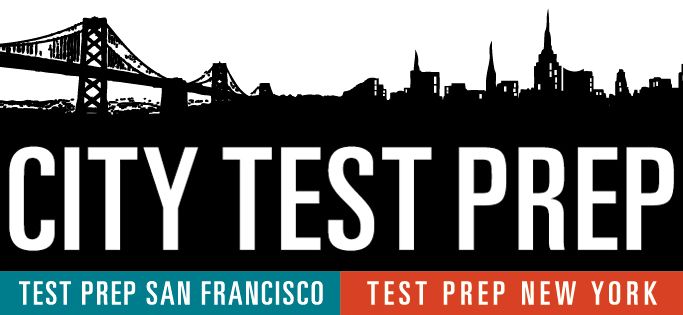Confronted with doing something a little out of our comfort zone, many of us automatically provide a list of excuses preventing us from performing our best. Often this list is beyond our control. For example, a test taker might say, “I studied, but I’m just not good at tests,” or “I get so nervous I can’t concentrate,” or they know the material but went blank when starting the test. The list goes on.
I came across a handy list by Ruben Chavez of ThinkGrowProsper.org, which is a good reminder that while there are many things out of our control, especially in a high stakes testing situation, there are many things we can, in fact, control. We can choose to be in control any time, even if the world around us is chaotic and disconcerting, as it often feels for a test taker!
When we are able to choose feeling peaceful, grounded, and focused, the results are often the best for whatever we’re doing, whether it’s taking a test, managing a challenging conversation, or responding during a crisis. Choosing peace makes the situation more manageable, and we can attain more inner calm.
While Chavez’s list holds true for test takers, we’ve developed a parallel list that applies even more specifically to test takers. Whenever we enter a high stakes situation, we can embrace the idea that we can choose to not be nervous or overwhelmed by fear of failure. Prepping ourselves ahead of time to not be nervous is more effective than assuming that making the choice to not be nervous will be enough.
Things you can control when preparing for and taking a test:
- Belief in yourself and your ability to succeed
- A positive attitude that you will perform your best
- Ability to keep your thoughts on task, not allowing your mind to wander, and if it does, gently return your focus back to the test
- A continued perspective that the test is merely a hoop to jump through, not a measure of your worth
- How honest, earnest, and committed you are to being present in this moment; not any other place or time, but the now. This question. Right now.
- Where and who you go to for support. Before the test, and after. Make dates with the people who matter most, and enjoy getting the love, support, and attention they provide.
- The materials you use to provide strategies, exposure, and practice of the material you expect to see on your test
- How you manage time; for example, how often and when you study, and what your schedule is around work, sleep, exercise, and self care
- How you nourish yourself – especially before the test. The foods you eat to support clear thinking, focus, and perseverance.
- The kinds of calculated risks you take – in choosing answers that are the “least wrong”, or in the shortcuts you take that give you more time on the questions you can’t take shortcuts on
- Being aligned with what the test writer intended. What point are they testing beyond the face-value of the question?
- Self-regulation – avoiding self judgment and finding ways to treat yourself with respect and celebration
- Optimal ways to engage and interact with your colleagues, friends, and family who know you’re taking a test. Effective ways to create an atmosphere of support and care around your efforts and vulnerabilities.
- Saying, “I can rock this” repeatedly. Then say it more, and believe it!
- Expressing gratitude. Receiving it too.
- Diffusing your nervousness and fear, or identifying unwanted emotions and finding ways to most effectively deal with them
- Identifying when, how, and from whom you can ask for help
- Expressing your feelings when they come up, however they come up. In words spoken or written: just getting it out!
- Smiling! How many times did you smile today? This week? Do it more. It’s good for the body and soul.
- Creating an effective study schedule that includes down time and fun activities. All work and no play isn’t the most effective blueprint for your best performance.
- Identifying the resources you need to engage in effective study: hiring a tutor, taking a class, ordering healthy food to go instead of shopping and cooking
- What investment you make to save time and energy to study smarter, not harder, and creating the optimal way to do so
- Ways to redirect your negative patterns or worry
- How to regain focus to enter the moment most fully
- Ceasing judgment of other people or yourself
- Planning a second or third test date and knowing you will do better with each iteration. What will you do differently this time?
- Appreciating what the test, and your program or study, opens up for you.
Not taking a test? Take a look at the original list below and keep score for yourself which things you have embraced, and which need a little more coaxing. That is, if you want a bit more inner peace and control in your life!

